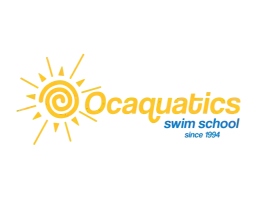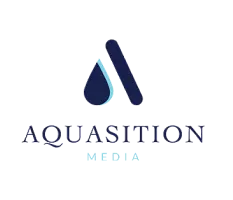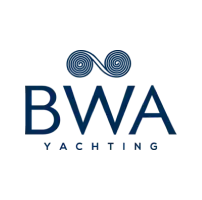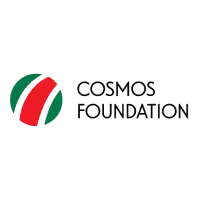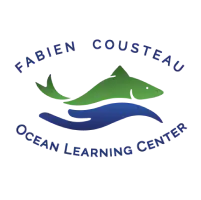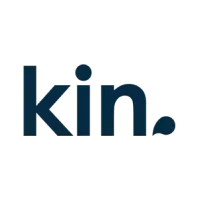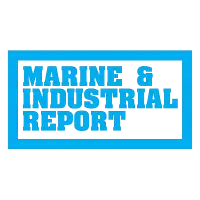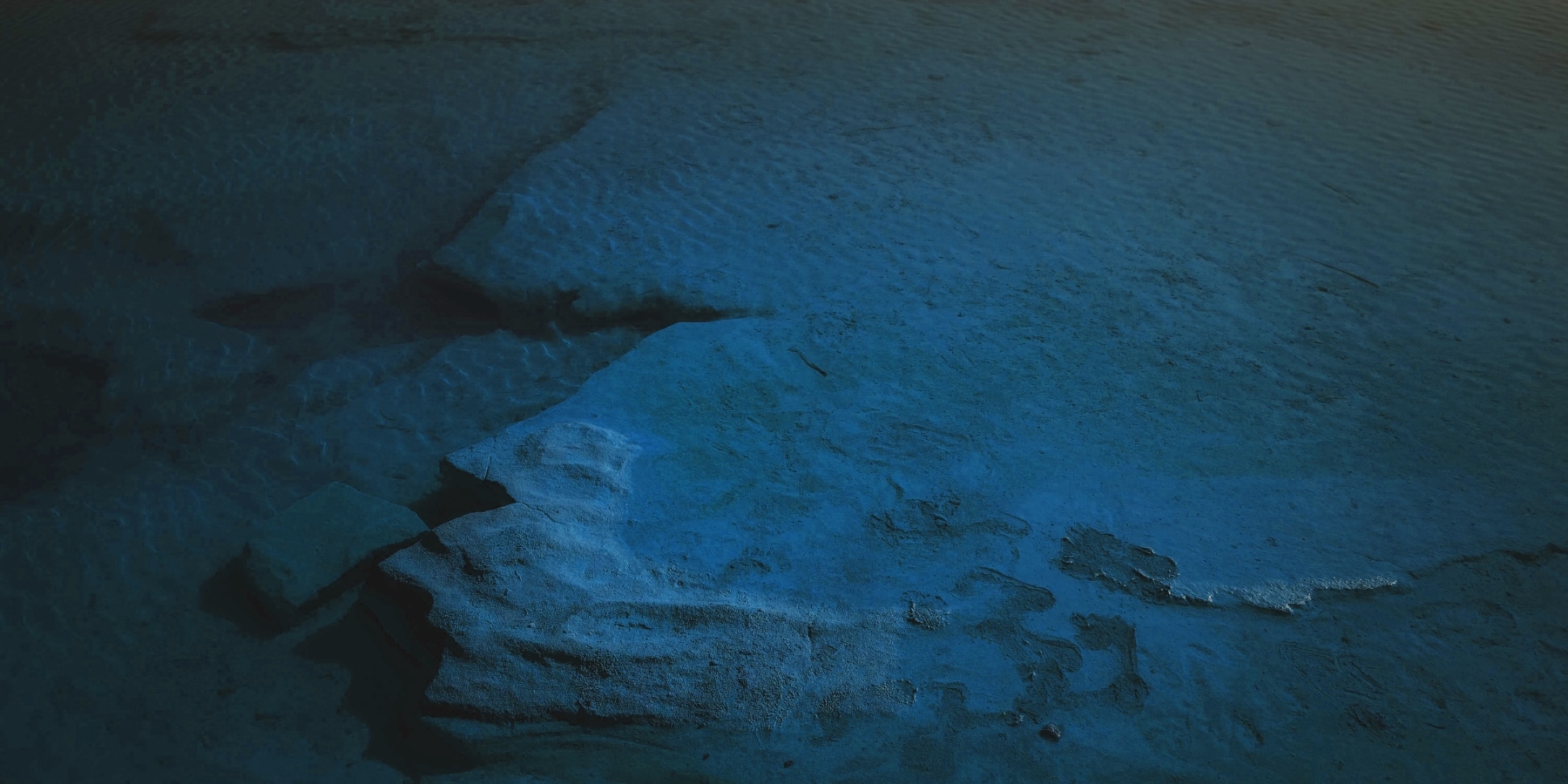The Global Nonprofit Ocean Conservation Organization
Around the world, scientists, educators, and ocean advocates are joining forces to protect our marine environment.
The International SeaKeepers Society: Transcending Borders
Founded in Monaco in 1998, SeaKeepers has been supporting ocean conservation through the direct involvement of local boating communities for three decades. Our initiatives now span the globe and are coordinated from our US headquarters in Florida.
Global Marine Conservation & Advocacy
To address the threats to Earth’s oceans and climate, we organize projects around the world that benefit marine ecosystems and promote awareness of ocean health. SeaKeepers acts as a catalyst between governments, scientists, and other ocean conservation organizations. Together, we work toward sensible, achievable marine protection and restoration initiatives.
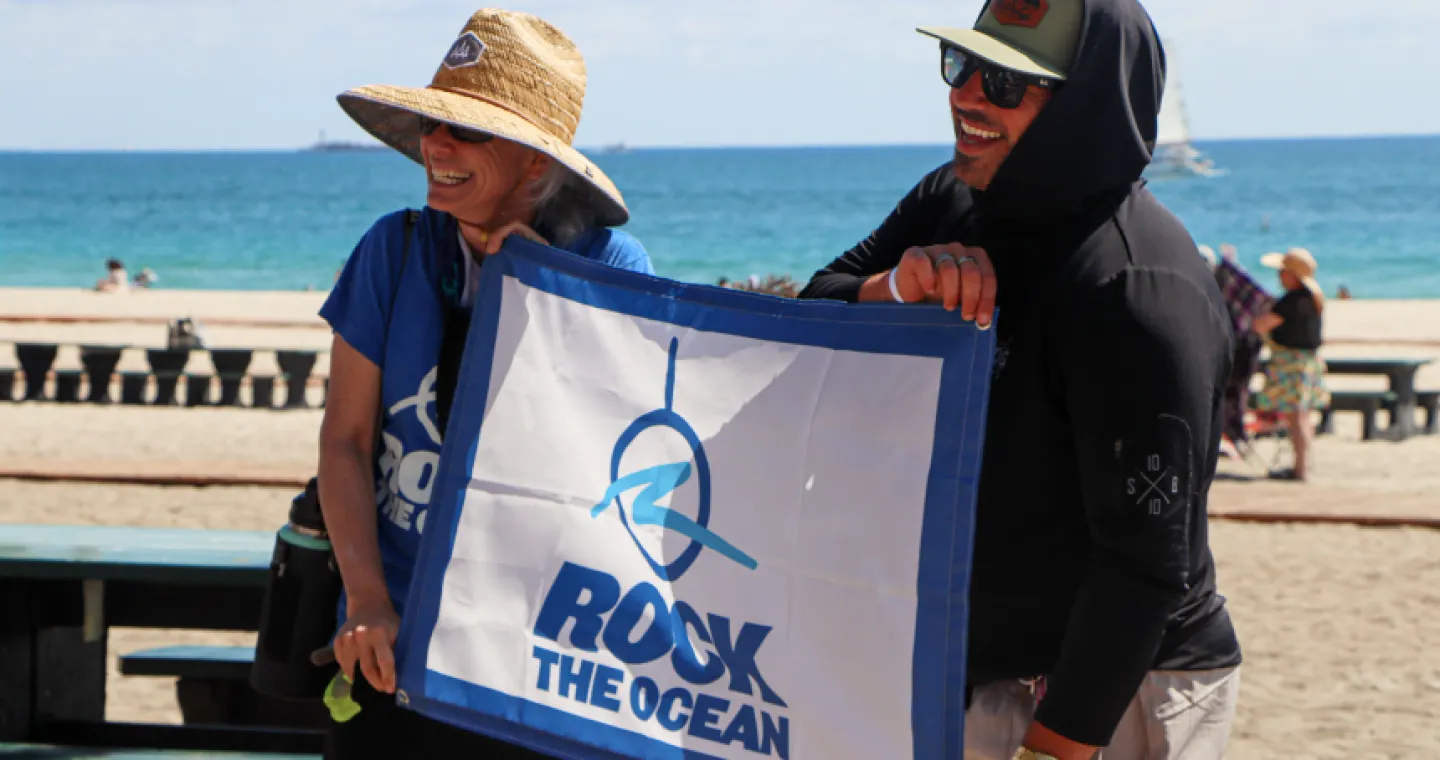
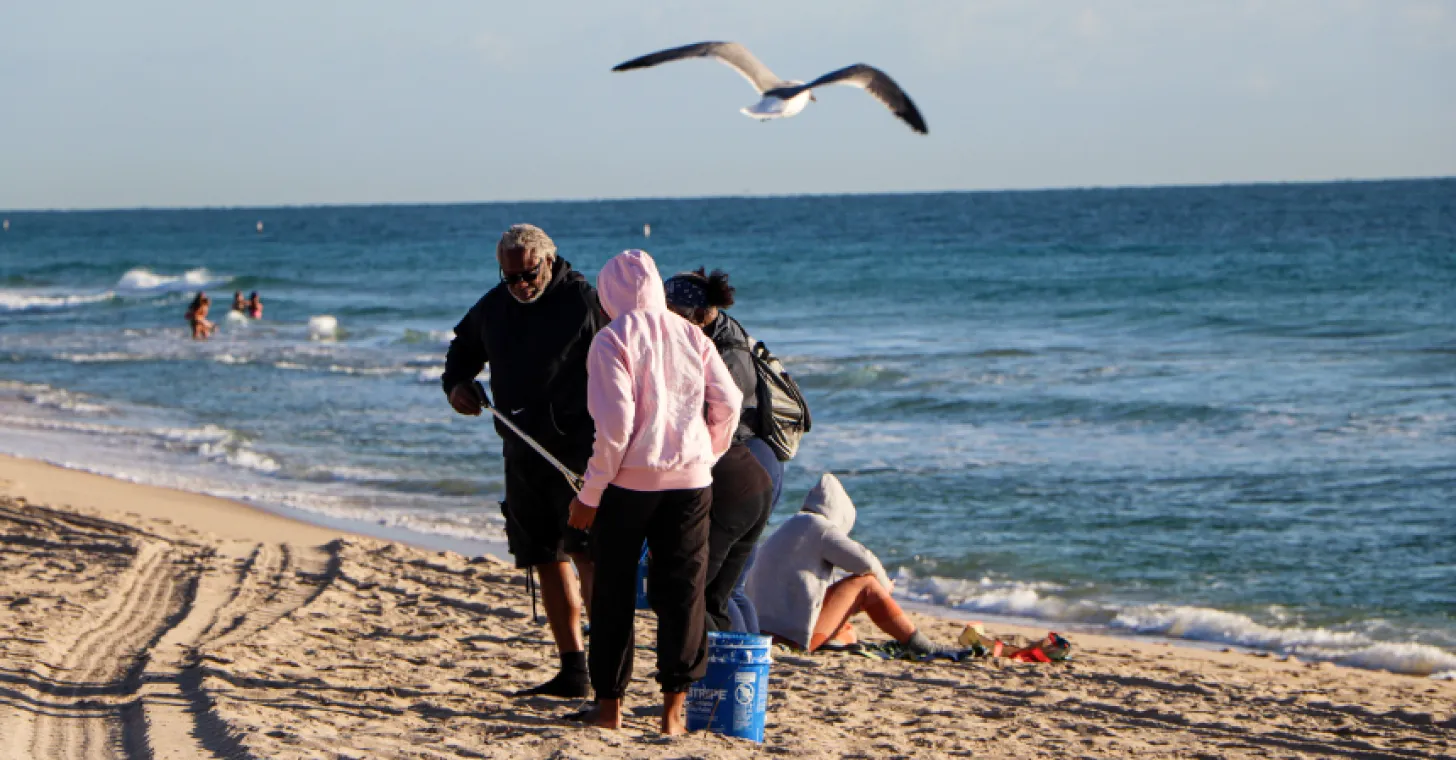
Connecting Science, Education & Exploration at Sea
Our core DISCOVERY Program connects scientists and educators with generous private vessel owners around the world. These partnerships facilitate a wide range of scientist-led and citizen-science research at sea, in addition to educational and outreach programs for local communities.
Worldwide operations are coordinated from SeaKeepers USA, with strategically located chapters in Asia, the UK, and the South Pacific providing access to the world’s oceans.
SeaKeepers Global Chapters
SeaKeepers DISCOVERY Fleet's Global Presence
DISCOVERY Fleet members operate as a global network expanding marine conservation across the world's oceans. Learn how you can play a part.
Blue Pearl (20m/65’), Motor Yacht
Interactive Bioacoustic Playback As a Tool for Decoding Humpback Whale Language
Southeast Alaska
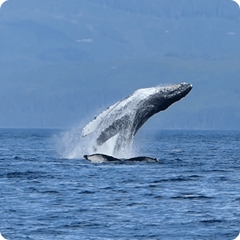
Valkyrie (20m/65’), Motor Yacht
Juvenile White Shark High Resolution Tracking
Carpinteria, California
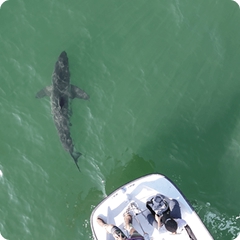
Good Mood IV (11.3m/37’), Sailing Monohull
Galapagos Marine Reserve Shark Research
Isla Isabela, The Galapagos Islands
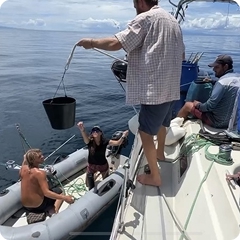
River Queen (12m/40’), Pontoon Boat
Various Floating Classrooms, Educational Outreach
Miami, Florida
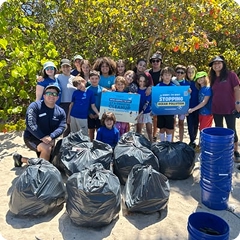
Noxoma (15.4m/ 50’), Sail Catamaran
Reef Survey of Pitcairn Island
Pitcairn Island, South Pacific Ocean
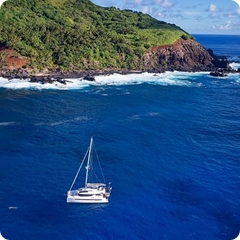
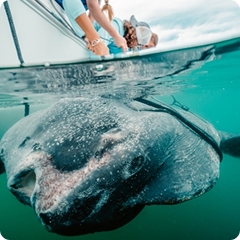
Ammonite (23.77m/78’), Motor Yacht
Pillar Coral Restoration with The Perry Institute for Marine Science (Andros)
Andros, Bahamas
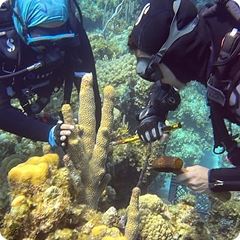
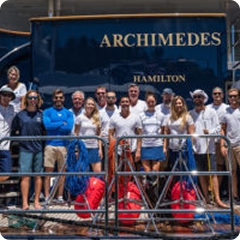
Traverse (15m/51’), Sail Catamaran
Projeto Golfinho Rotador, Scientist-led Expedition
Fernando de Noronha and the Brazilian coast
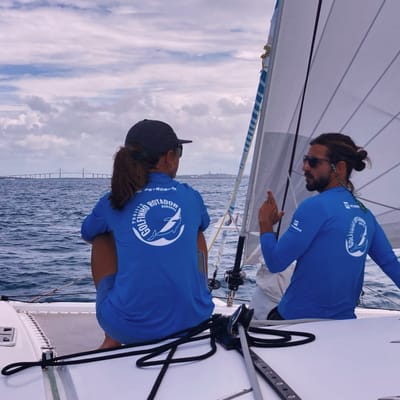
Traverse (15m/51’), Sail Catamaran
Seabed 2030, Citizen Science
Southampton, United Kingdom
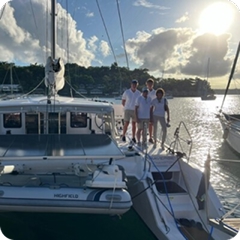
TE STREEP (50m/165’), Motor Yacht
Detecting Mediterranean White Sharks with eDNA, Scientist-led Expedition
Adriatic Sea
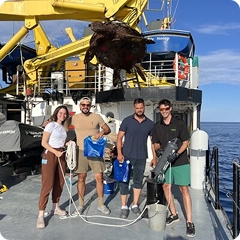
Nymphea (Xm/X'), Motor Yacht
Sentosa Learning Festival: Coral Conservation, Sustainability and Singapore’s Southern Islands
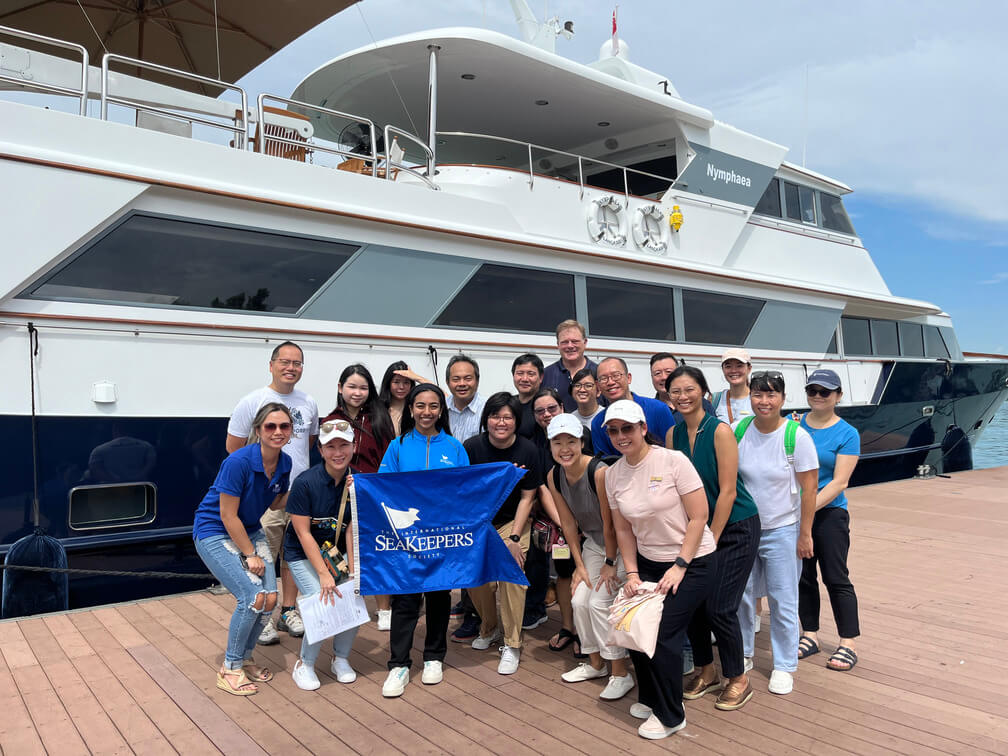
Legend (Xm/X'), Motor Yacht
NUS College Learning Field Trip to Sisters’ Islands Marine Park
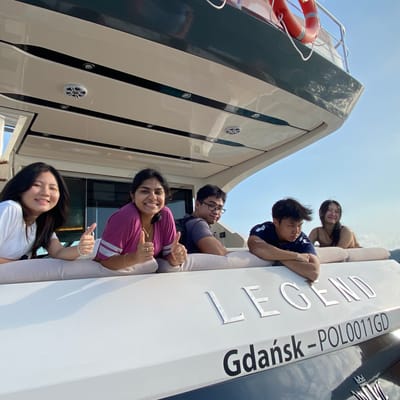
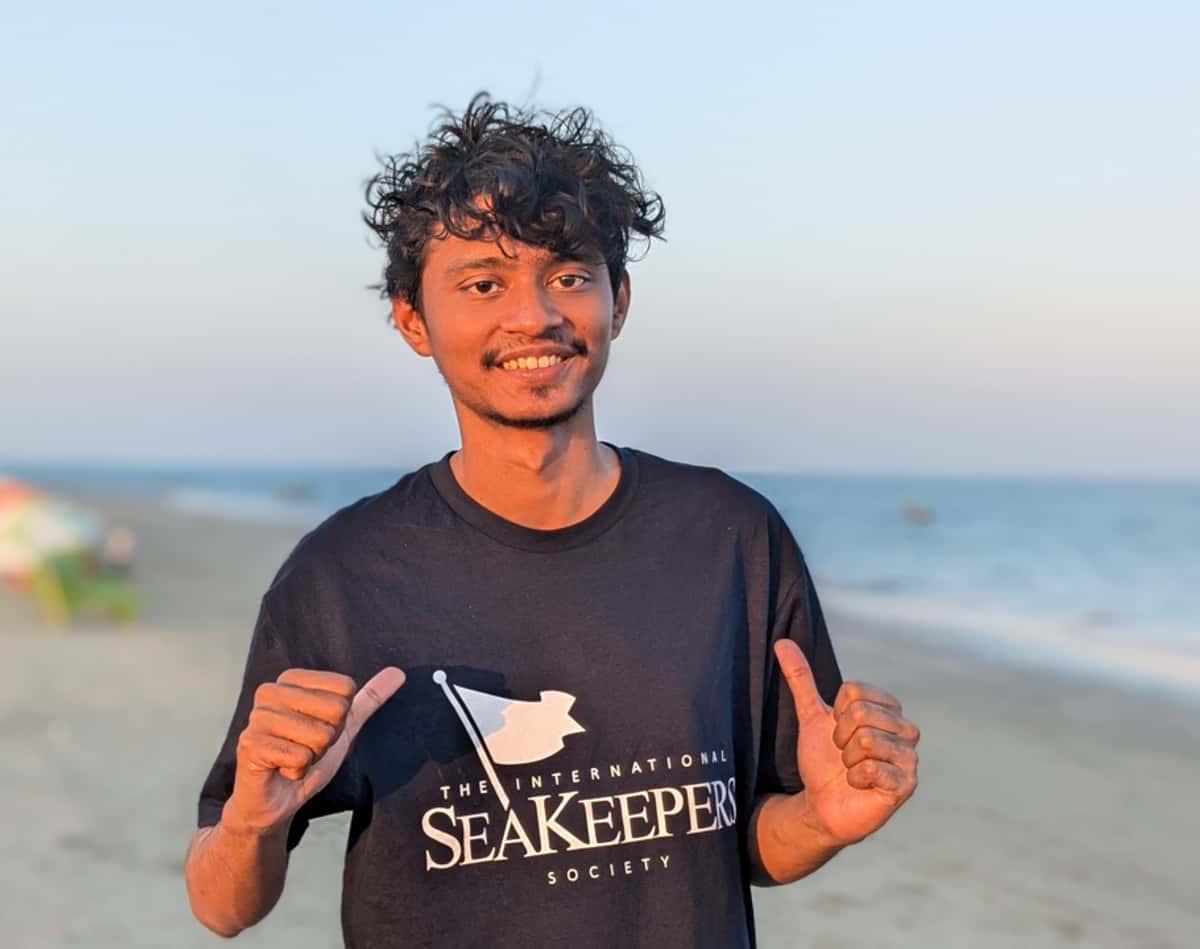
Northern Sun (50.9m/167'), Motor Yacht
Deep Reefs of the Far East, Scientist-led Expedition
Banda Sea, Indonesia
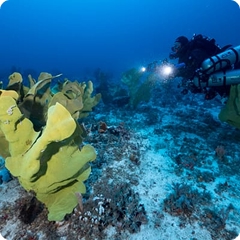
Neo (16m/52’) (need LOA), Motor Yacht
Manta Ray Survey with Manta Watch New Zealand
Hauraki Gulf, New Zealand
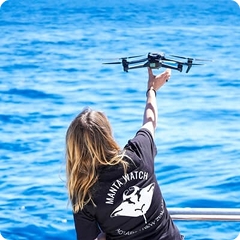
Unbridled (58m/190’)
Motor Yacht
Advancing Shark Conservation
Golfito, Costa Rica in Golfito
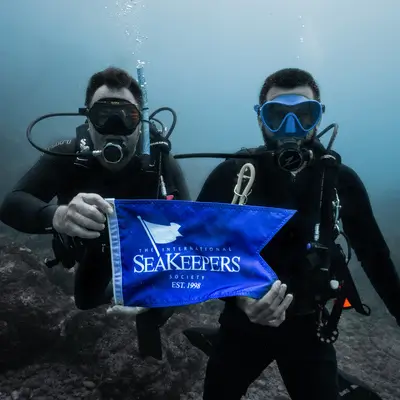
SeaKeepers Global Impact 2024
The International SeaKeepers Society
DISCOVERY Program Results
250+
260+
500+
200+
85k+
6k+
15+
Global DISCOVERY Program Opportunities For Vessel Owners
You can play a meaningful role in the efforts to protect the world's oceans.
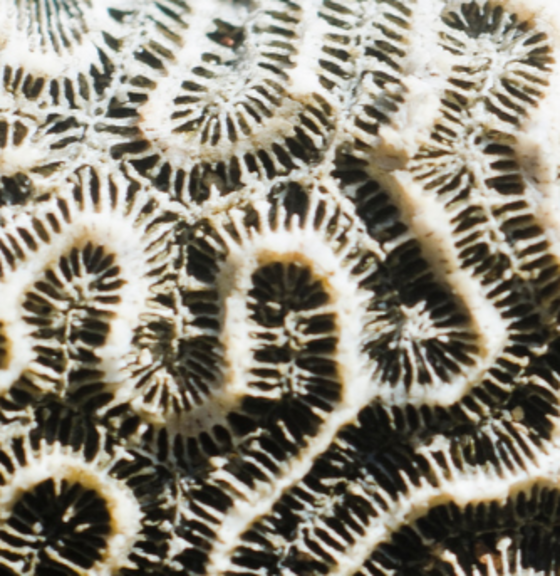
Studying Coral Fossils to Understand Recent Climate Changes and Extreme El Niño Events in the Tropical Pacific
- Expected Time Frame: March 2026 - January 2027
- Galapagos Islands, Line Islands, and/or Gilbert Islands
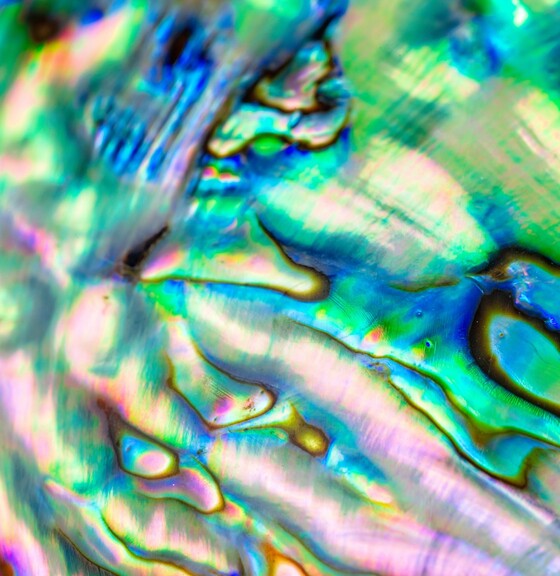
Saving White Abalone: Endangered Species Data Collection and Monitoring on Offshore California Islands and Banks
- Expected Time Frame: Flexible, 2026
- Southern California offshore islands & banks

Whale Surveys in the Southern Bahamas to Advance Conservation Directives
- Expected Time Frame: June - July, 2026
- Southern Bahamas (with operations centered around Long Island, and potential routing to San Salvador or Crooked Island)
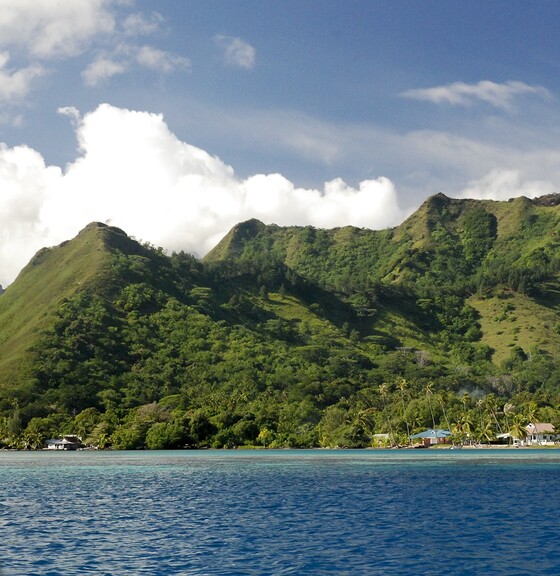
Coral Genetics and Connectivity Across French Polynesia
- Expected Time Frame: May - August 2027
- Anywhere in French Polynesia (except Moorea), such as Rangiroa (Palliser Islands), Gambier Islands, or Marquesas Islands

Polynesia Mana: Coral Reef Monitoring in French Polynesia
- Expected Time Frame: March - November 2026
- Tikehau, Raiatea, Takapoto, Samoa, and Tonga
Tracking South Coast Bottlenose Dolphin Movements in Sussex
- Expected Time Frame: Summer 2026
- Sussex, UK
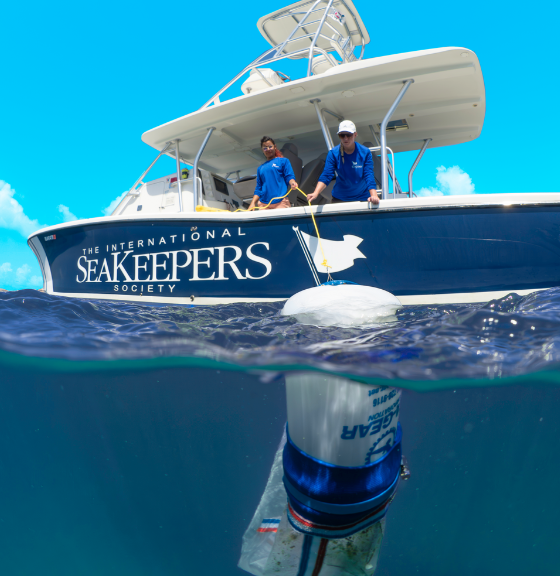
Neuston Net Research Collective: Conduct Plankton Survey-Style Transects
- Expected Time Frame: Flexible
- To be determined upon applying
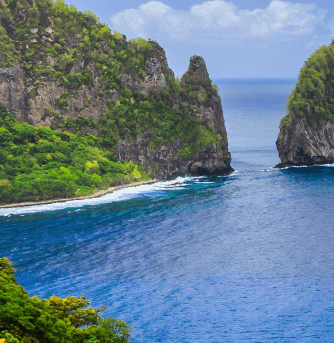
Reef Surveys in Samoa
- Expected Time Frame: Ongoing – flexible scheduling based on vessel availability and field conditions
- Samoa
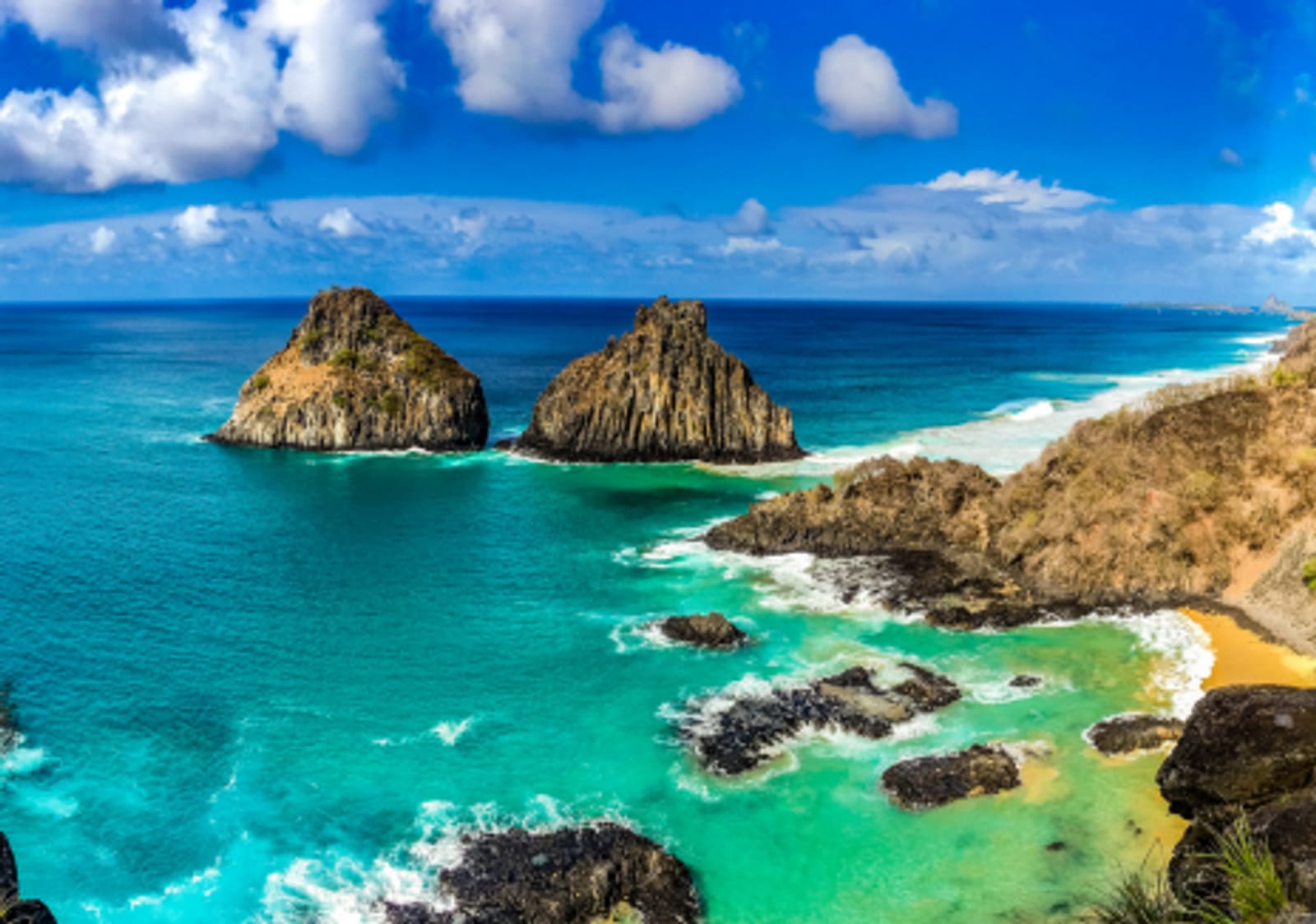
Projeto Golfinho Rotador (Spinner Dolphin Distributions)
- Expected Time Frame: Ongoing Throughout 2026
- Between Fernando de Noronha and the Brazilian coast
Frequently Asked Questions
What is The International SeaKeepers Society?
SeaKeepers is a global registered not-for-profit ocean conservation organization committed to finding real-world solutions to the problems plaguing our seas. We rely on local boating and yachting communities to support our four main initiatives: Scientist-Led Expeditions, Citizen Science Expeditions, Educational Outreach Programs, and Community Engagement. Our initiatives rely on the energy and generosity of people around the world who share our concern for the health of the oceans and, by extension, the survival of our planet.
What is the DISCOVERY Program?n footprint," and how can I calculate it?
The DISCOVERY Program is SeaKeepers’ core initiative. The program facilitates marine research and education through partnerships with boating and academic communities around the world. Scientific and educational expeditions are coordinated through the generosity of vessel owners willing to contribute their vessels, time, and expertise.
These privately owned DISCOVERY Fleet vessels provide access to the world’s oceans for research and education, eliminating the costs and wait times for scientists and teachers. The program accepts vessels of any size, and owners may earn tax benefits and recognition at SeaKeepers events, on the website, and in newsletters
Where does SeaKeepers operate?
SeaKeepers is an international ocean conservation organization and our marine research and educational programs are conducted all around the world. Global operations are coordinated from our US Chapter, based in Florida, with regional chapters in Auckland, London, Singapore, and Dhaka.
How can I volunteer my vessel for scientific research or conservation efforts?
You can add your vessel to our DISCOVERY Fleet by filling out this form.
The DISCOVERY Program accepts vessels of all sizes. Fill out this form to begin the process and see which expeditions match your vessel and your interests. Our team will work with you to find DISCOVERY Program activities that match your interests and your vessel’s capabilities and itinerary.
SeaKeepers International Partners
